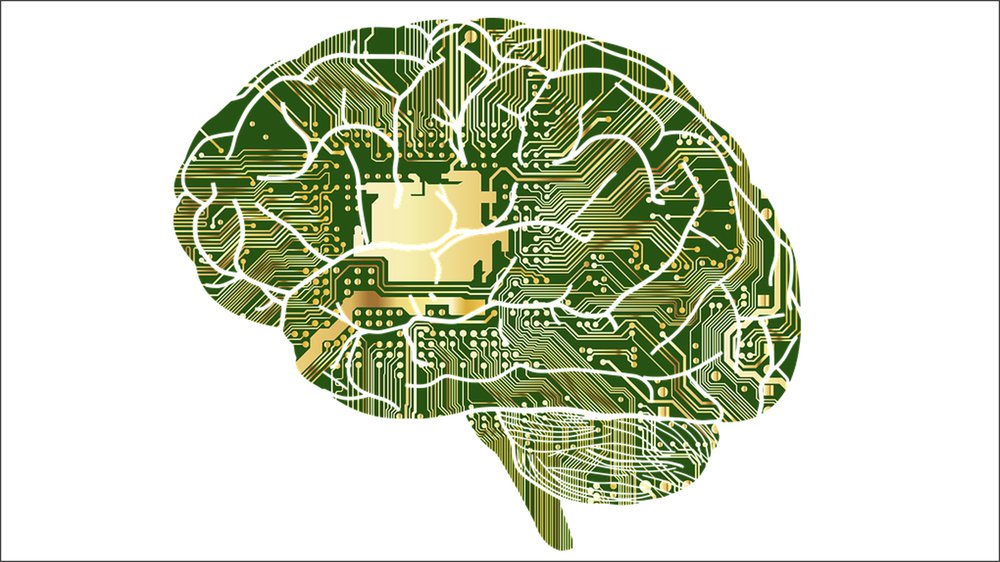Empathy is crucial in the education sector to foster a multitude of gains. For one, teachers who show empathy can better grasp the needs and backgrounds of their students, enabling them to adjust their teaching methods and offer assistance. By understanding the challenges and feelings of students, educators can form better connections with them, leading to increased trust and engagement both in and out of the classroom. Additionally, empathy enables teachers to identify and handle issues like bullying, mental health, and learning disabilities with care, sensitivity, and understanding. Ultimately, fostering empathy in education encourages a culture of respect, acceptance, and mutual understanding that's vital for supporting the growth and well-being of each student.
In an era where machines can outplay humans in chess and take the wheel, their struggle to grasp human empathy shines a light on what sets the human mind apart – our complex emotions and thought processes are what truly make us unique. As a data scientist, Co-Founder and CEO of an AI startup, and a woman, my journey through the evolving landscape of AI is deeply intertwined with a commitment to leveraging technology for societal good and peace. This certainly includes the education sector.
According to a ScienceDirect.com Report, within the field of AI, there has been a growing interest in developing ‘empathic AI systems’ facial expressions, voice signals, and gestures, without considering the multiple facets and subjective notions that empathy entails. The report goes on to cite that “across many disciplines of the humanities such as literature, arts, philosophy and religion, empathy is regarded as an essential element for a just and fair society”—a society that’s hugely curated by educators.
There is clearly much work to do to adequately bridge gaps between AI and empathy. Here's my perspective on the future direction of this challenge.
The Paradox of Progress
The irony of AI's rapid advancement is that the closer we get to replicating human intelligence, the more apparent it becomes that the subtleties of human empathy are AI's greatest hurdle. This paradox highlights the complexity of what it means to be human and the depth of our emotional intelligence.
What makes this roadblock so challenging? The complexity of empathy.
What makes empathy particularly challenging for AI is its multi-dimensional nature. Empathy isn't just about recognizing emotions; it's about feeling with people. For AI to truly embody empathy, it must go beyond algorithms and data; it must connect, understand, and respond to human emotions in a way that feels authentic and meaningful.
A Collaborative Path to Resolution
Overcoming the empathy roadblock in AI requires a collaborative, interdisciplinary approach. By integrating insights from psychology, cognitive science, ethics, and AI research, we can develop systems that better recognize and simulate human emotions. This involves not only technical advancements but also a commitment to understanding the ethical implications of empathic AI.
Regarding a resolution timeline, it’s wise to bear in mind that it’s a journey, not a sprint. Predicting the timeline for achieving empathic AI is challenging. It's a journey marked by incremental advancements and ethical considerations. We're navigating uncharted territory, where each breakthrough brings us closer to understanding the essence of human empathy. This journey might span decades, reflecting the depth of the challenge and the commitment needed to address it.
As we navigate further down this path, the focus must remain on the positive impact of AI on society. The goal is not just to create machines that imitate human empathy but to enhance our collective ability to understand and care for one another. As an advocate for empathic AI, I envision a future where technology amplifies our capacity for empathy, bridging divides, and fostering peace. Our responsibility is to guide this development thoughtfully, ensuring AI serves as a force for good, enhancing human connections in a world that greatly needs them.
About the author

Angel Vossough, CEO and Co-Founder of BetterAI, leads the creation of innovative AI solutions like “BetterMed” and “VinoVoss” (www.VinoVoss.com), a semantic search and recommendation system creating a virtual wine sommelier. A serial entrepreneur with a deep tech background, Angel holds dual bachelor degrees in Mathematics and Computer Engineering and a Master's with honors in Software Engineering and Data Science from UC Berkeley. Angel's diverse experience includes roles at Cisco Systems, DiverseUp and Caspian Capital. Connect with Angel at www.BetterAI.io.










